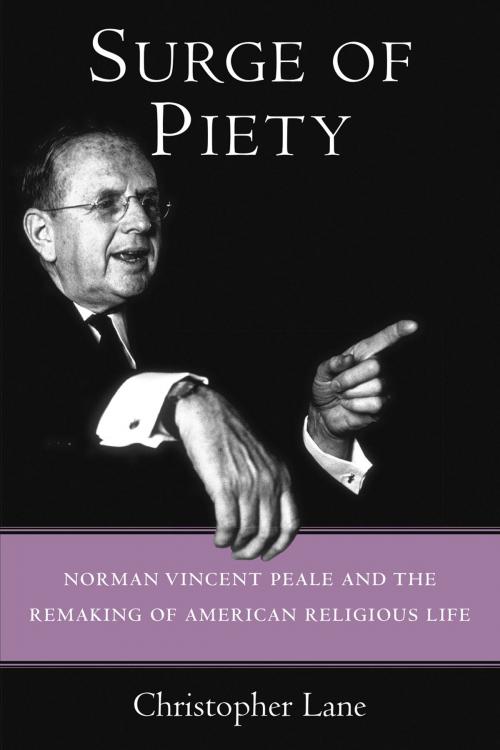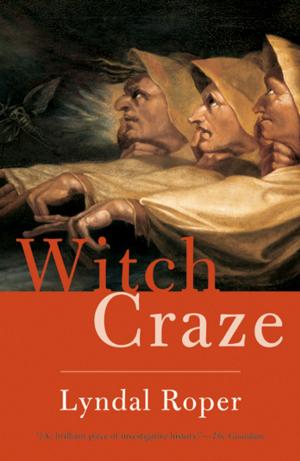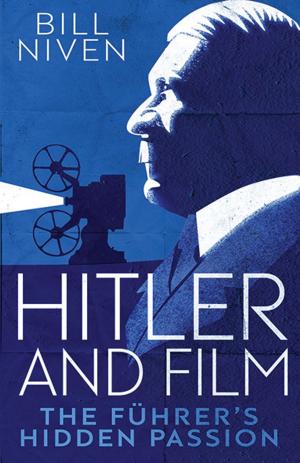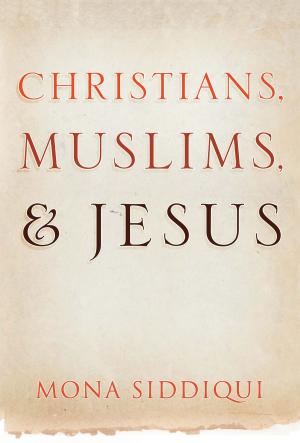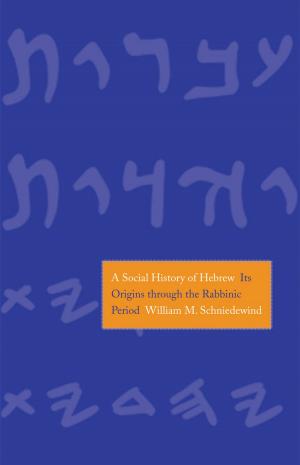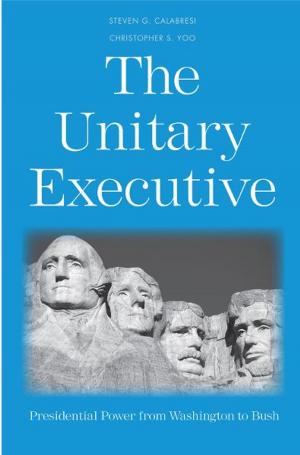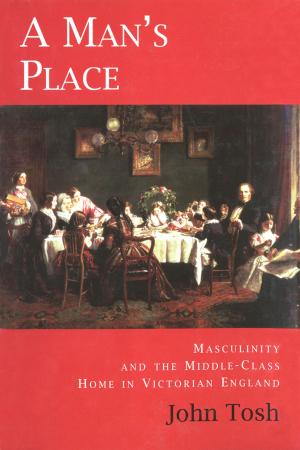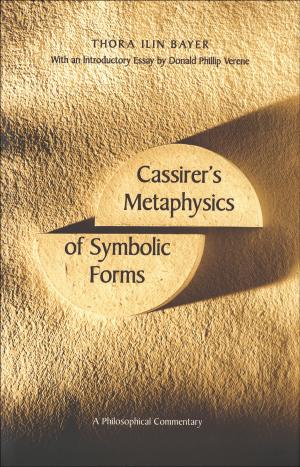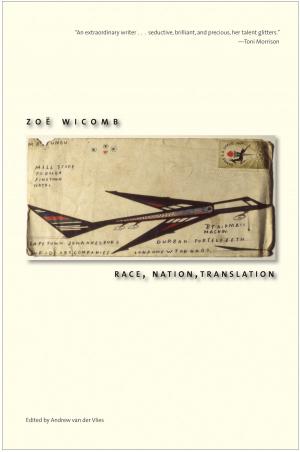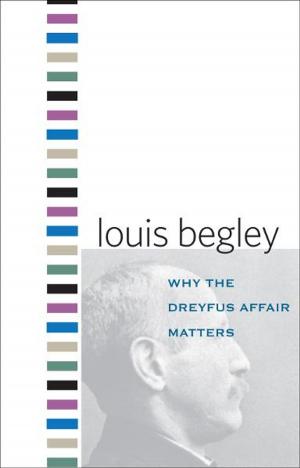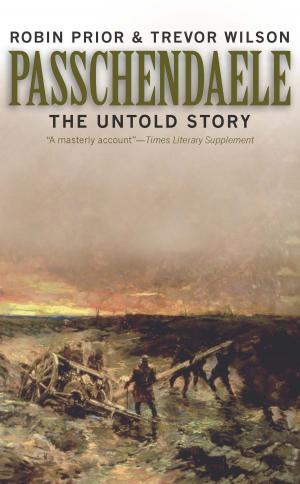Surge of Piety
Norman Vincent Peale and the Remaking of American Religious Life
Nonfiction, Health & Well Being, Psychology, History, Americas, United States, 20th Century, Biography & Memoir, Historical| Author: | Christopher Lane | ISBN: | 9780300225273 |
| Publisher: | Yale University Press | Publication: | November 15, 2016 |
| Imprint: | Yale University Press | Language: | English |
| Author: | Christopher Lane |
| ISBN: | 9780300225273 |
| Publisher: | Yale University Press |
| Publication: | November 15, 2016 |
| Imprint: | Yale University Press |
| Language: | English |
The dramatic, untold story of how Norman Vincent Peale and a handful of conservative allies fueled the massive rise of religiosity in the United States during the 1950s
Near the height of Cold War hysteria, when the threat of all-out nuclear war felt real and perilous, Presbyterian minister Norman Vincent Peale published The Power of Positive Thinking. Selling millions of copies worldwide, the book offered a gospel of self-assurance in an age of mass anxiety.
Despite Peale’s success and his ties to powerful conservatives such as Dwight D. Eisenhower, J. Edgar Hoover, and Joseph McCarthy, the full story of his movement has never been told. Christopher Lane shows how the famed minister’s brand of Christian psychology inflamed the nation’s religious revival by promoting the concept that belief in God was essential to the health and harmony of all Americans. We learn in vivid detail how Peale and his powerful supporters orchestrated major changes in a nation newly defined as living “under God.” This blurring of the lines between religion and medicine would reshape religion as we know it in the twentieth and twenty-first centuries.
Near the height of Cold War hysteria, when the threat of all-out nuclear war felt real and perilous, Presbyterian minister Norman Vincent Peale published The Power of Positive Thinking. Selling millions of copies worldwide, the book offered a gospel of self-assurance in an age of mass anxiety.
Despite Peale’s success and his ties to powerful conservatives such as Dwight D. Eisenhower, J. Edgar Hoover, and Joseph McCarthy, the full story of his movement has never been told. Christopher Lane shows how the famed minister’s brand of Christian psychology inflamed the nation’s religious revival by promoting the concept that belief in God was essential to the health and harmony of all Americans. We learn in vivid detail how Peale and his powerful supporters orchestrated major changes in a nation newly defined as living “under God.” This blurring of the lines between religion and medicine would reshape religion as we know it in the twentieth and twenty-first centuries.
The dramatic, untold story of how Norman Vincent Peale and a handful of conservative allies fueled the massive rise of religiosity in the United States during the 1950s
Near the height of Cold War hysteria, when the threat of all-out nuclear war felt real and perilous, Presbyterian minister Norman Vincent Peale published The Power of Positive Thinking. Selling millions of copies worldwide, the book offered a gospel of self-assurance in an age of mass anxiety.
Despite Peale’s success and his ties to powerful conservatives such as Dwight D. Eisenhower, J. Edgar Hoover, and Joseph McCarthy, the full story of his movement has never been told. Christopher Lane shows how the famed minister’s brand of Christian psychology inflamed the nation’s religious revival by promoting the concept that belief in God was essential to the health and harmony of all Americans. We learn in vivid detail how Peale and his powerful supporters orchestrated major changes in a nation newly defined as living “under God.” This blurring of the lines between religion and medicine would reshape religion as we know it in the twentieth and twenty-first centuries.
Near the height of Cold War hysteria, when the threat of all-out nuclear war felt real and perilous, Presbyterian minister Norman Vincent Peale published The Power of Positive Thinking. Selling millions of copies worldwide, the book offered a gospel of self-assurance in an age of mass anxiety.
Despite Peale’s success and his ties to powerful conservatives such as Dwight D. Eisenhower, J. Edgar Hoover, and Joseph McCarthy, the full story of his movement has never been told. Christopher Lane shows how the famed minister’s brand of Christian psychology inflamed the nation’s religious revival by promoting the concept that belief in God was essential to the health and harmony of all Americans. We learn in vivid detail how Peale and his powerful supporters orchestrated major changes in a nation newly defined as living “under God.” This blurring of the lines between religion and medicine would reshape religion as we know it in the twentieth and twenty-first centuries.
